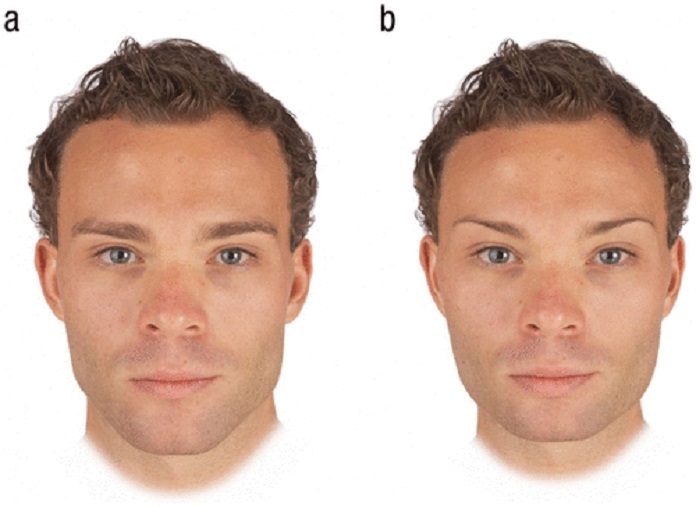According to a new study by the Association for Psychological Science suggest that women’s preferences for masculine characteristics in men’s faces are related to women’s hormonal status are equivocal and controversial. It does not vary according to their hormone levels, in contrast with some previous research.
Previous studies typically examined small samples of women using limited measures. But this study is noteworthy for its scale and scope. The study involved 600 heterosexual women in a series of weekly test sessions.
In each session, the participants reported whether they were currently in a romantic relationship and whether they were currently using hormonal contraceptives. They provided a saliva sample for hormone analyses and completed a task that measured their preferences for different types of male faces.
In each face-preference task, the members saw 10 sets of male faces and chose the face in each match that they discovered more appealing, rating how solid their inclination was. The two faces in each match were carefully adjusted adaptations of a similar photograph – one face was modified to have to some degree feminized highlights and the other was changed to have to some degree masculinized highlights. To darken the particular goal of the examination, the analysts scattered these allure judgments among other filler questions.
There is no compelling evidence that preferences for facial masculinity were related to changes in women’s salivary steroid hormone levels. Women generally rated the masculinized faces as more attractive than the feminized faces.
Scientists also did not found any evidence between attractiveness judgments and levels of other potentially influential hormones, for example, testosterone and cortisol.
These discoveries run counter to the speculation that sexual choice weights lead ladies to incline toward more manly mates, who as far as anyone knows have more noteworthy hereditary “wellness,” when they are most prolific and destined to imagine.
The information likewise demonstrated that oral preventative utilize did not hose ladies’ inclination for manly faces, as has been indicated already.
Lead researcher Benedict C. Jones of the University of Glasgow said, “This study is noteworthy for its scale and scope — previous studies typically examined small samples of women using limited measures. With much larger sample sizes and direct measures of hormonal status, we weren’t able to replicate effects of hormones on women’s preferences for masculine faces.”
There has been increasing concern that the birth control pill might disrupt romantic relationships by altering women’s mate preferences, but our findings do not provide evidence of this.
Now, scientists are proceeding to explore whether other richness related contrasts hold up in bigger, more hearty investigations.
The study findings are published in Psychological Science, a journal of the Association for Psychological Science.
